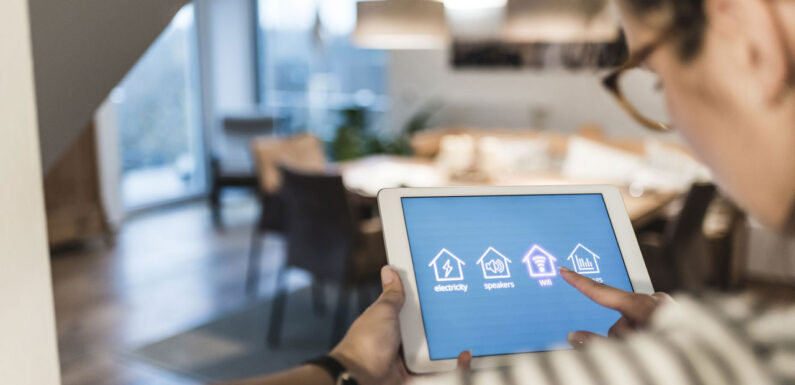
Climate change is no longer a theory future generations should contemplate the truth about, it is here and having a devastating effect on the planet.
Now more than ever, nothing matters more than making every possible effort to live a sustainable lifestyle. Even the smallest of changes can make a big difference when adopted by as many people as possible.
One example is the adoption of smart home technology such as lighting; this has the potential to combine convenience and versatility with sustainability. A smarter home has the potential to be a far more energy-efficient home, while at the same time becoming a more comfortable and enjoyable place to spend time.
The Affordability of Smart Technology
It is currently estimated that close to 70% of all homes already feature at least one smart device. This is something that is expected to increase exponentially over the coming years as the costs of smart devices continue to fall.
Smart technology can also be surprisingly affordable with the potential to pay for itself in many instances with long-term energy savings. There are individual products and complete smart systems available to suit all budgets, making it easy and affordable to live a more sustainable lifestyle.
Choosing Smart Devices for Sustainability
Boosting the energy efficiency of your home means choosing appropriate smart devices that meet your needs and preferences; there are thousands of devices and controllers available, but the vast majority fall into one of the following brackets:
Smart Thermostats
A smart thermostat is a simple yet highly effective device; this device can translate to real savings on energy bills. Smart thermostats are designed to control temperatures within the home with pinpoint precision, while providing the user with the added benefit of remote access. You can monitor the temperature in your home and the status of your heating system via your mobile device, making adjustments as necessary to keep things economical.
Smart Lighting
With a smart lighting system, you gain more precise control over all aspects of your home’s lighting. Particularly when energy-efficient smart light switches are paired with low-energy LED bulbs, the reduction in energy consumption can be significant. Smart lighting systems also allow remote control via connected mobile devices from any location with the option of setting up lighting themes, schedules and more.
Smart Plugs
A smart plug is one of the simplest devices within the smart home technology category; this can be used to turn any mains-powered devices on or off as required. Timers can be set up to create schedules for activating and deactivating devices, while Wi-Fi or Bluetooth connectivity enables the plug to be controlled remotely. Smart plugs can also be great for improving fire safety at home, automatically shutting off devices that may have accidentally been left on.
Smart Appliances
The smart appliance category features a wide variety of small and large consumer electronics. Everything from refrigerators to dishwashers to convection ovens and more can be designed and manufactured with a wide variety of smart features. Examples of which include enhanced energy efficiency, remote control of the appliance and alerts sent to a mobile device in case of an error or power outage.
Smart Water Systems
Smart water systems are also beginning to make their way into more homes than ever before. Designed to help cut down on water waste and reduce utility bills, smart water systems actively monitor usage and provide alerts in the event of an abnormality. Ultimately, smart water systems are about encouraging smarter and more responsible usage and consumption of water.

